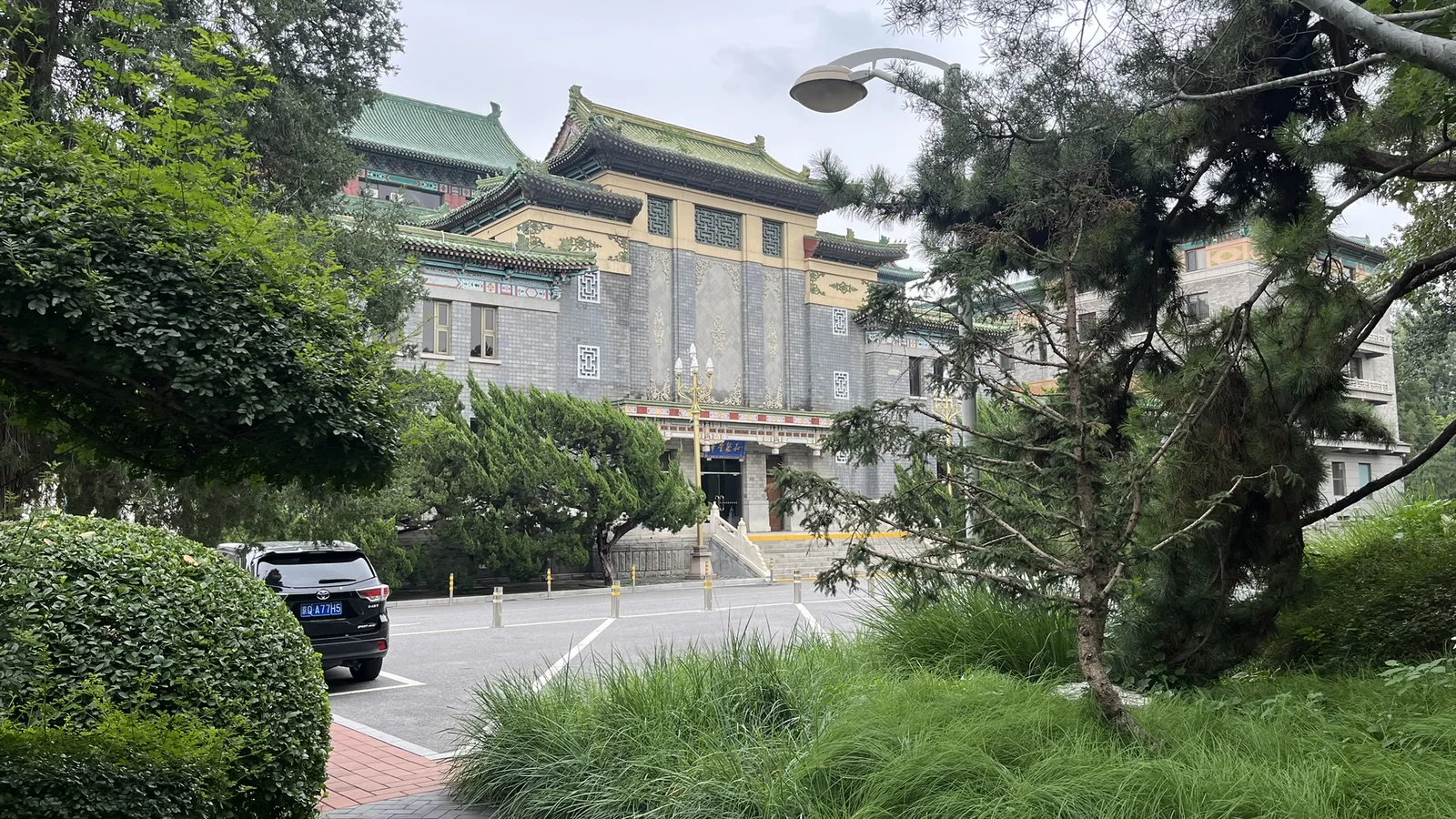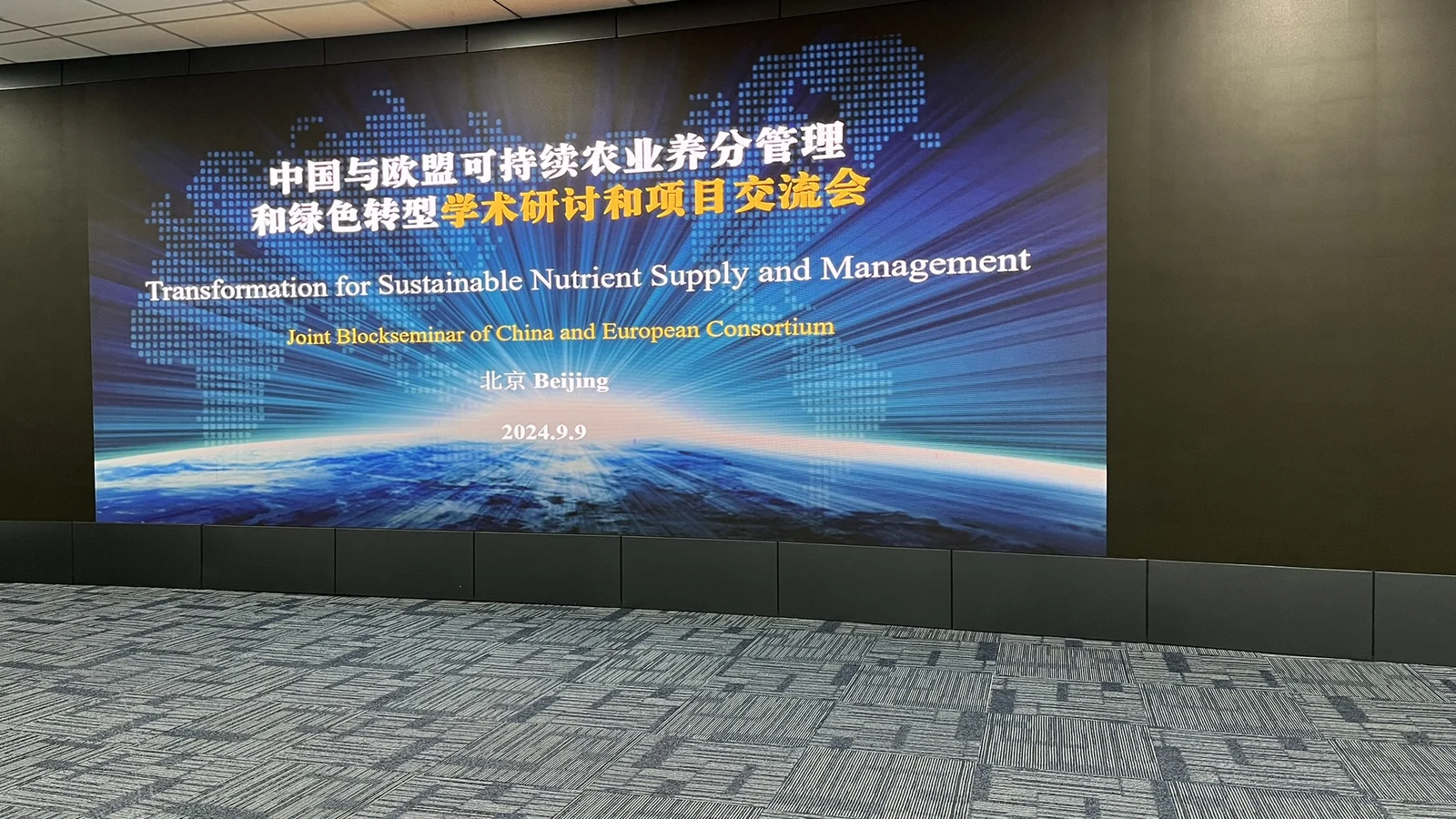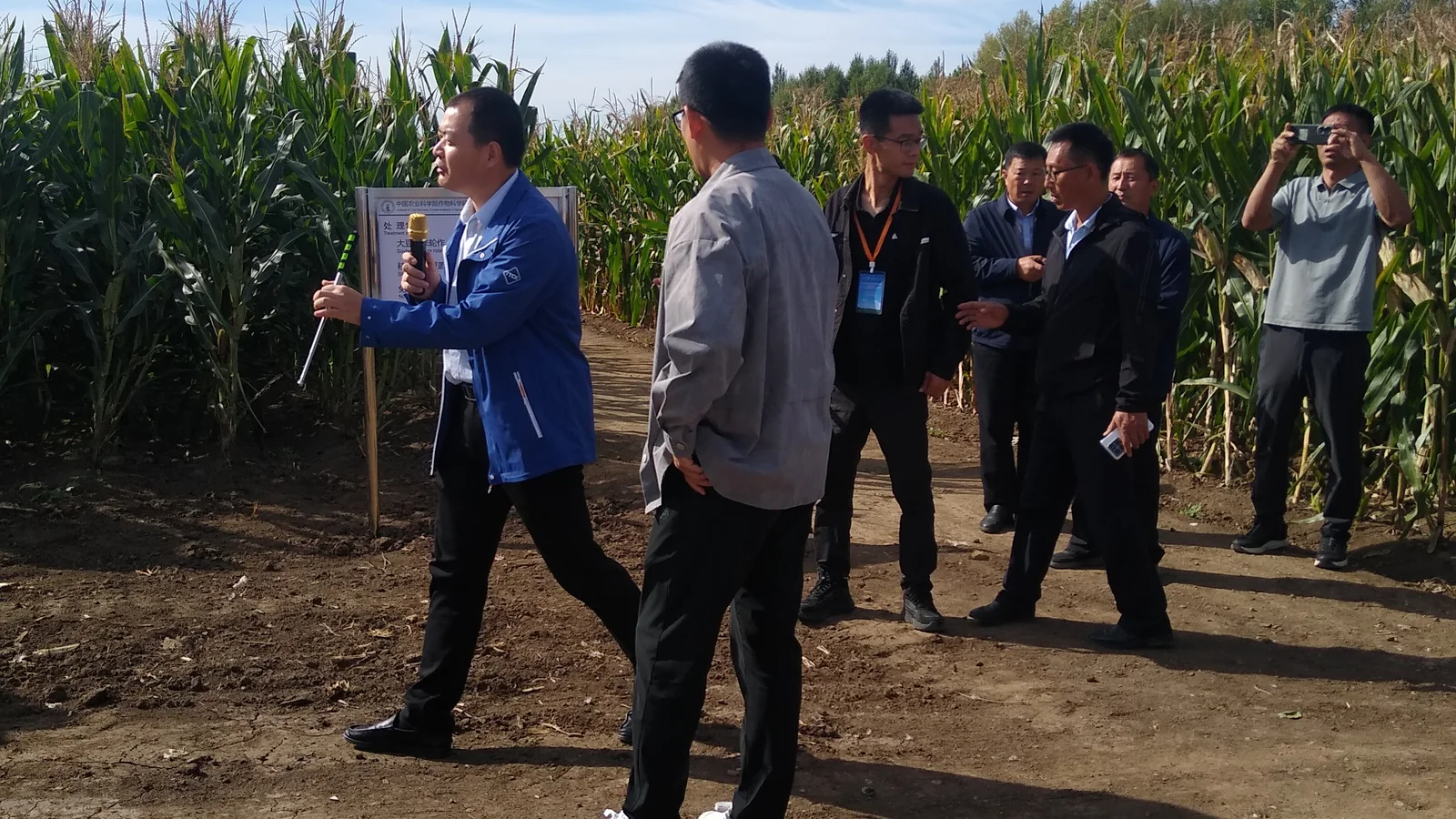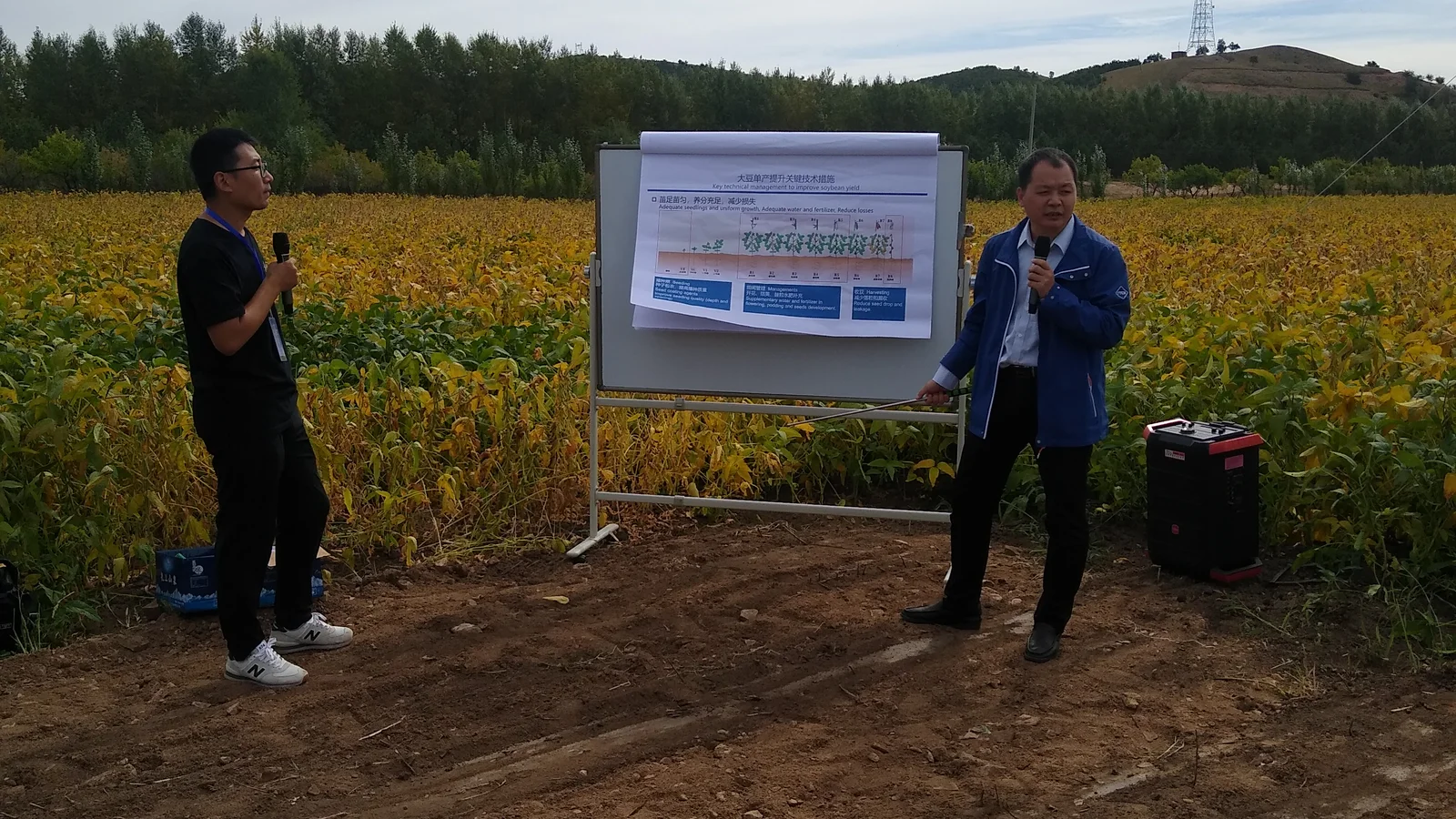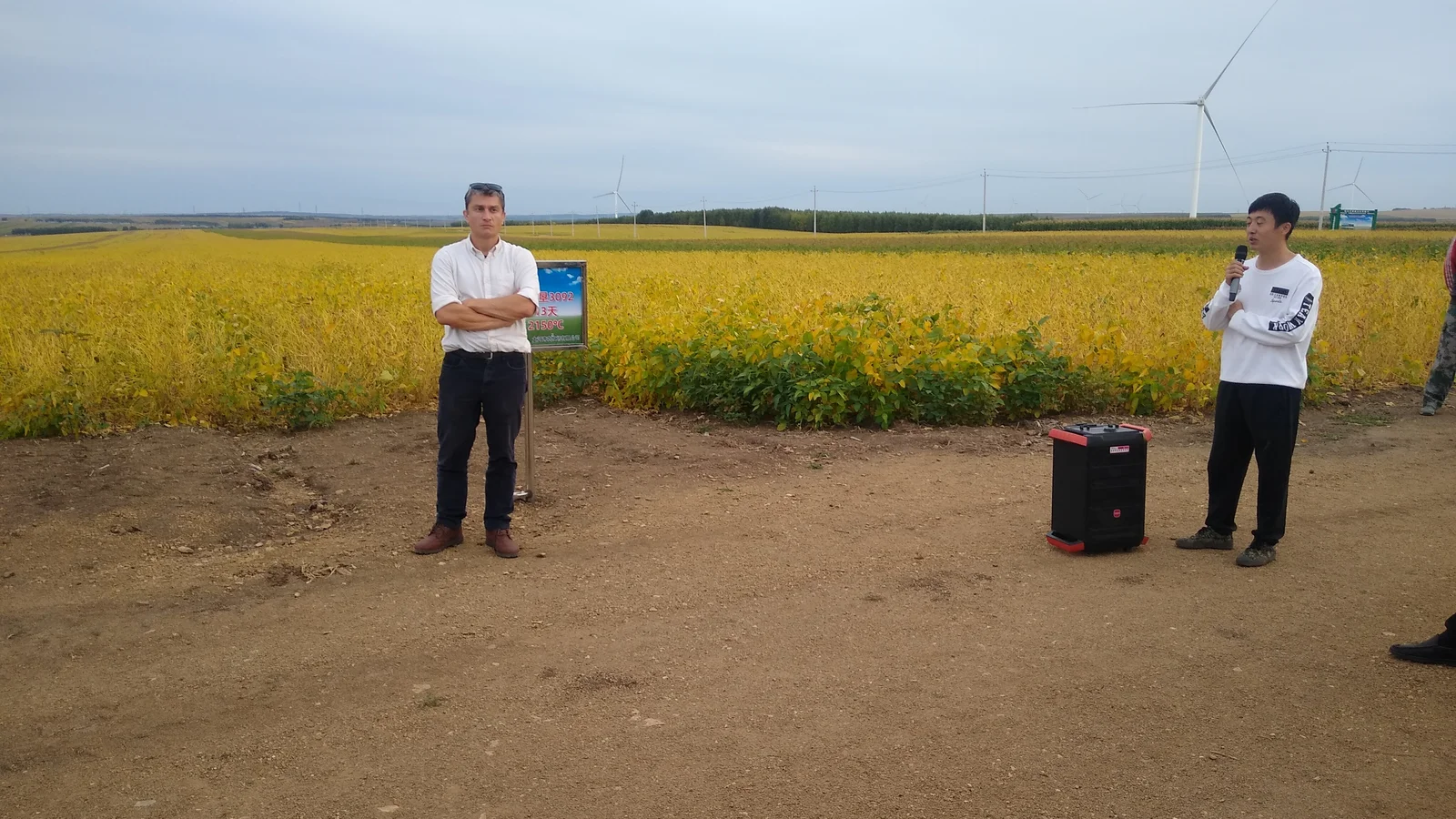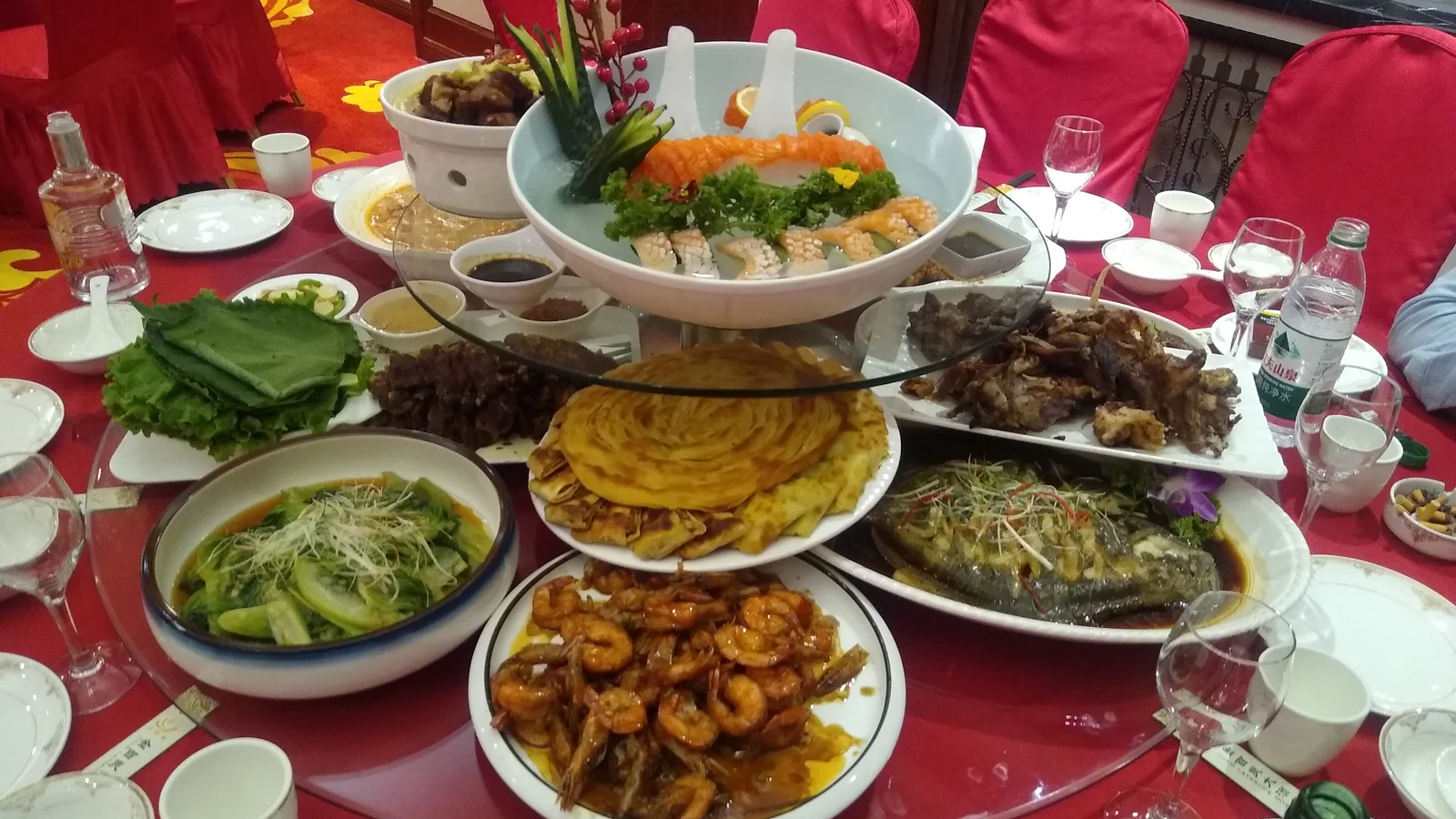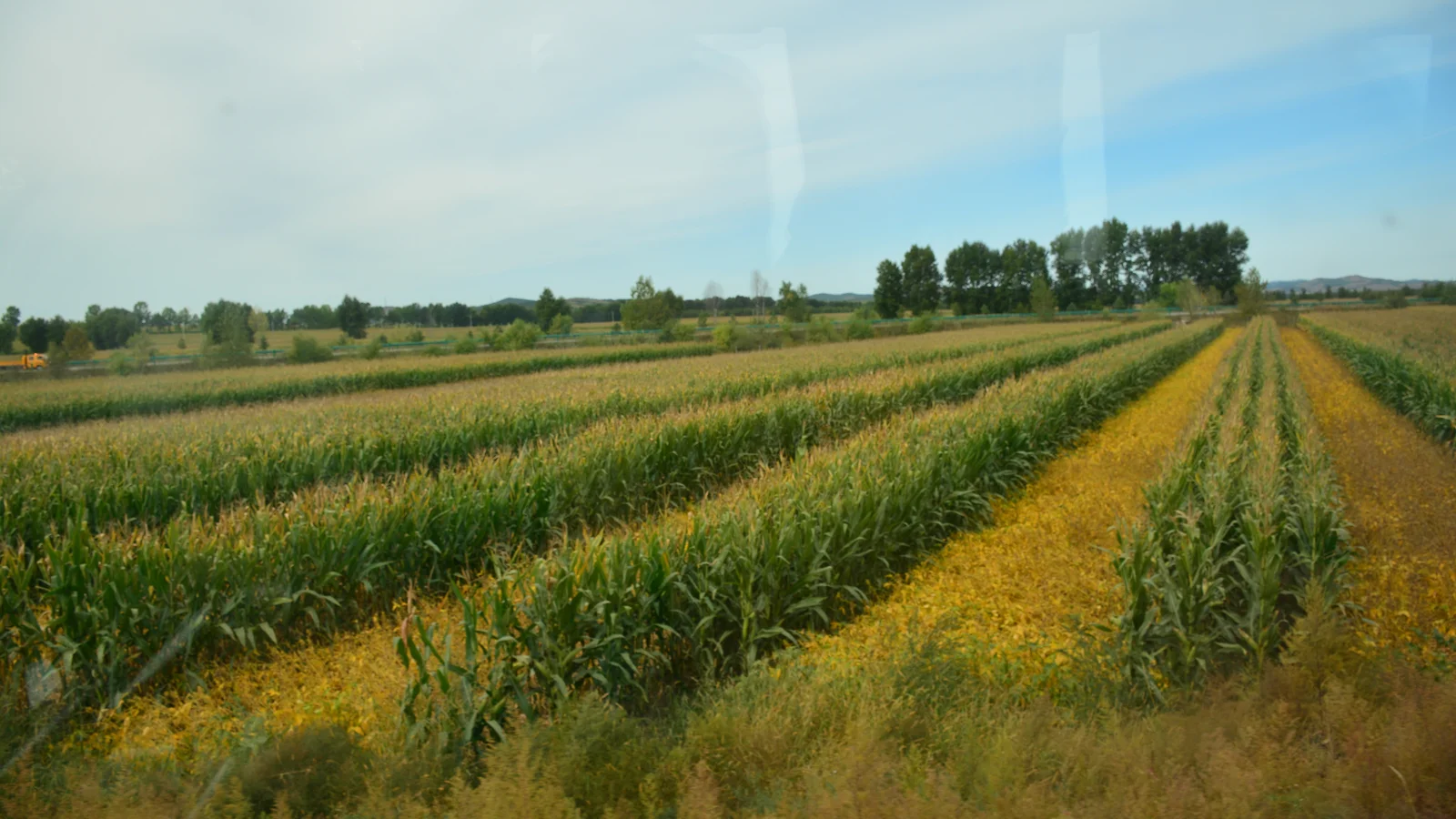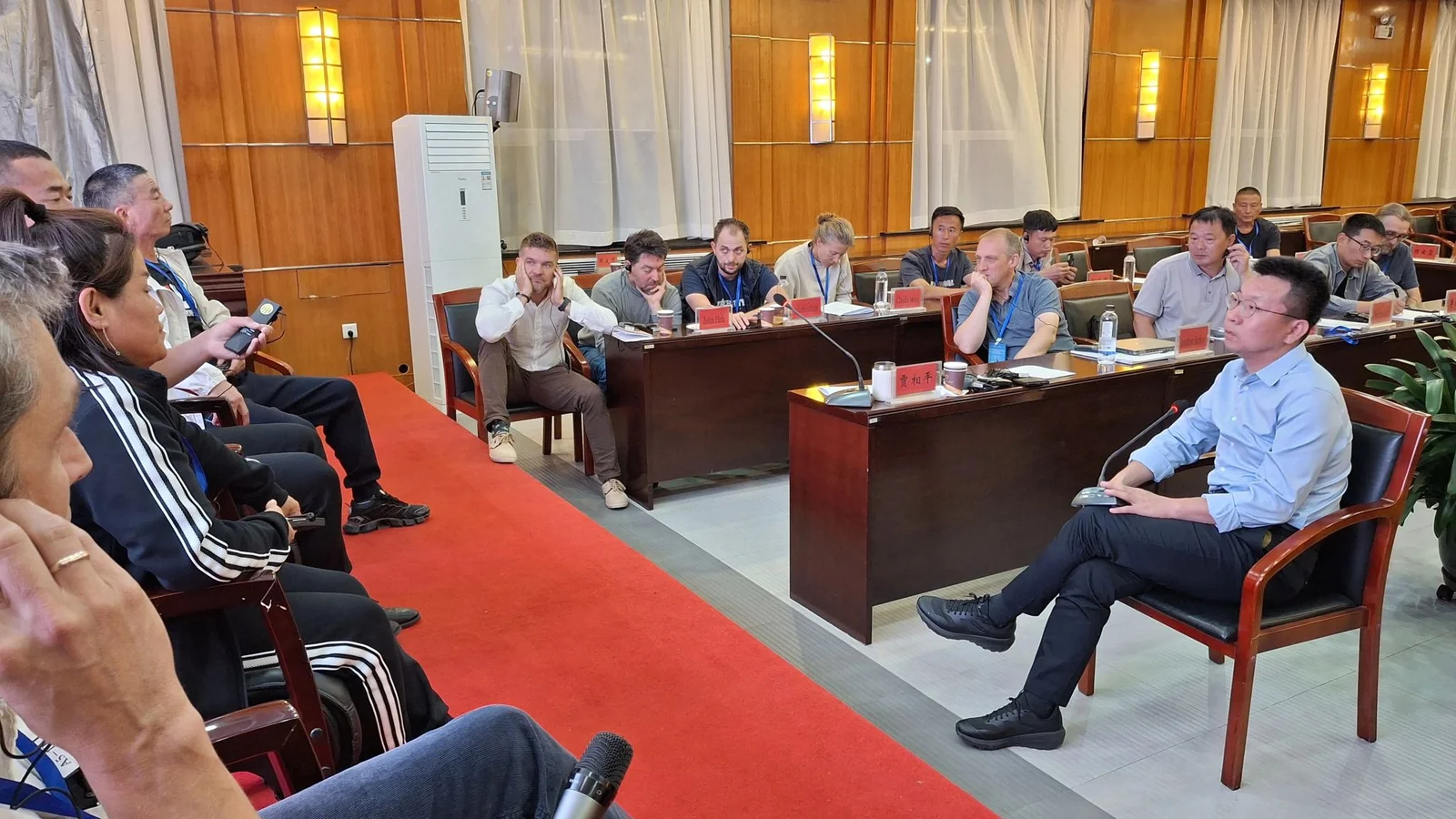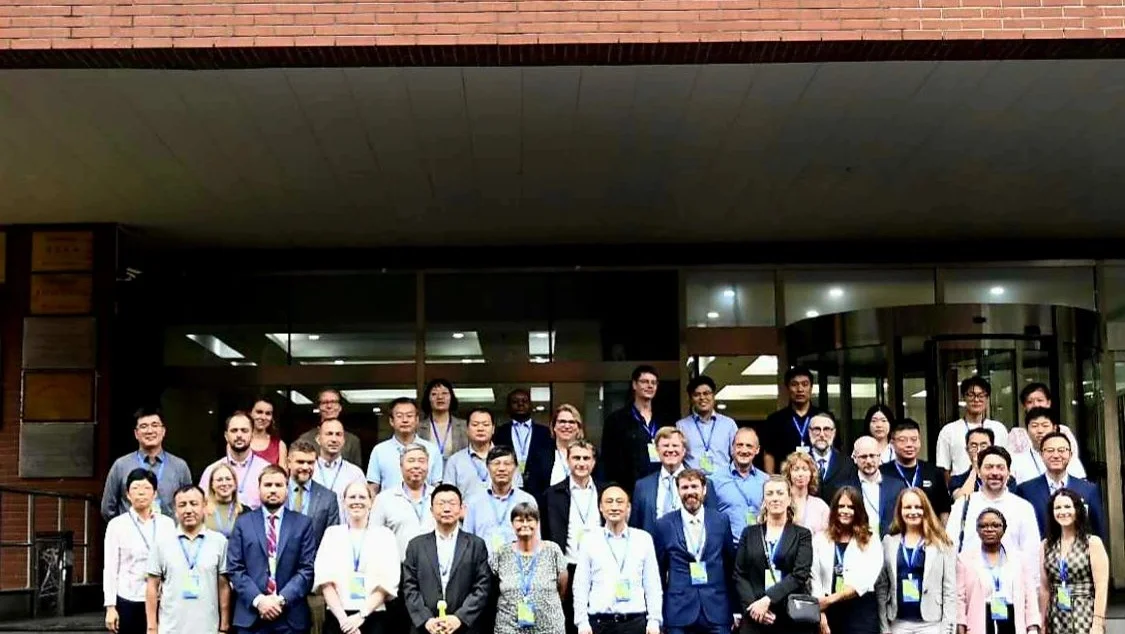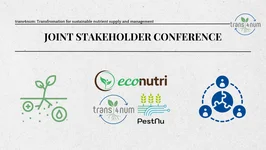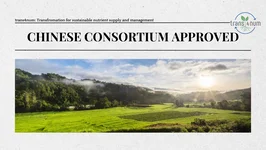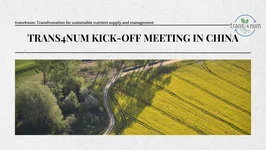| Communication team
trans4num EU concludes successful trip to China
trans4num EU consortium recently completed a research trip to China, focusing on sustainable agriculture and knowledge exchange. The trip, which took place from 8th to 13th September, included visits to Beijing and Inner Mongolia, as part of the Joint Seminar, Workshop and Field Tour of the European and Chinese Consortia.
The EU delegation, comprised of partners from Germany, the UK, Denmark, and Hungary, collaborated with researchers from the Chinese Academy of Agricultural Sciences (CAAS) and other institutions. The trip began in Beijing with a welcome dinner featuring Sichuan cuisine, followed by a conference at CAAS.
Discussions covered China's nutrient management strategies, soil health, and the application of Food-System Modelling (FSM) and Agent-Based Modelling (ABM) in various regions.
Inner Mongolia Visit Highlights Agricultural Practices
A key highlight of the trip was the visit to Inner Mongolia, a region known for its soybean production. The consortium attended presentations on soybean cultivation, participated in a panel discussion with local farmers, and toured soybean trial fields and demonstration farms. These activities provided valuable insights into the challenges and opportunities facing agriculture in the region, such as tillage practices, breeding varieties, and the importance of farmer education.
The consortium also visited the Modern Agricultural Industrial Park and Dahewan Farm to learn about black soil preservation efforts. The trip concluded with a farewell dinner featuring traditional Mongolian music and celebrations.
This research trip signifies a strong commitment to collaboration between the EU and China consortia in promoting sustainable agriculture. The exchange of ideas, cultures, and aspirations fostered during the trip will undoubtedly shape the future of the partnership. It was a multifaceted endeavour aimed at advancing sustainable agriculture through knowledge exchange, collaborative research, and a deeper understanding of regional agricultural practices and challenges.

